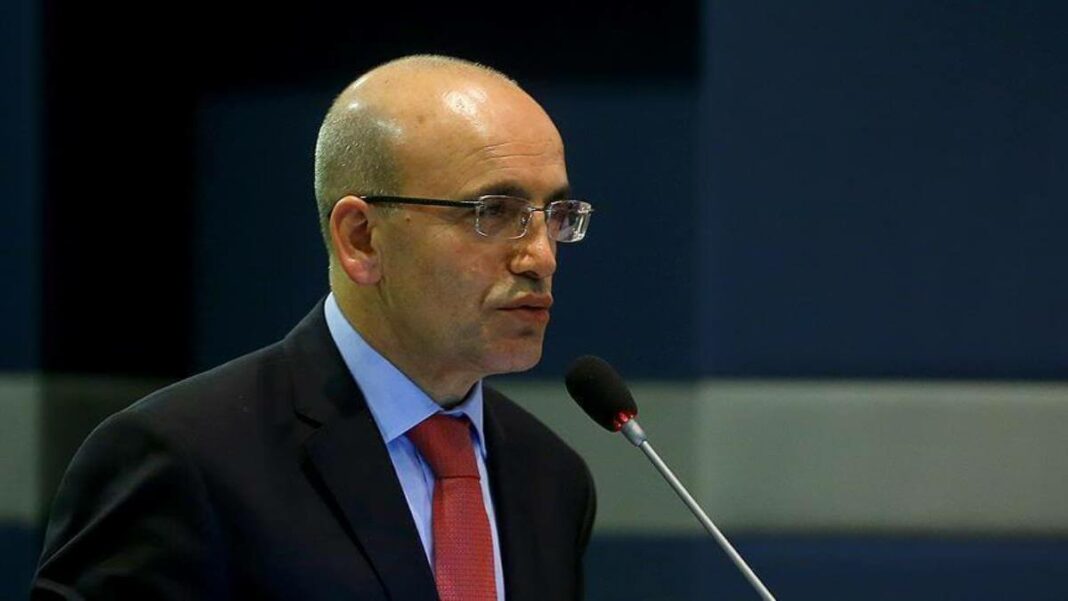Turkish Finance Minister Mehmet Şimşek has called for patience as his new group of technocrats try to reverse years of economic mismanagement and restore investor confidence in the country’s battered economy, the Financial Times reported.
In his first interview with international media since his appointment in June, Şimşek said he was seeking to “rebalance the economy and soften domestic demand” after years of unconventional economic policies pursued at the behest of Turkey’s president, Recep Tayyip Erdoğan.
Şimşek said the president had thrown his “support and commitment” behind a policy U-turn that had seen interest rates rise more than 20 percentage points since the May general election.
“We’re on the right track. There is strong evidence confidence is returning. But we need to be patient, it’s still challenging,” Şimşek told the Financial Times.
Turkey’s $900 billion economy faced years of tumult after Erdoğan pressured successive finance ministers and central bank governors to make decisions that sapped foreign exchange reserves, sent foreign capital fleeing and ignited runaway inflation.
However, the president shook up his economic management team following the election, which he ultimately won after the tightest contest in his two decades in power.
Şimşek was appointed to lead a broad overhaul of policies, which had for years hinged on Erdoğan’s insistence that high interest rates cause, rather than cure, severe inflation.
“We have already taken dramatic measures,” Şimşek said from his office in Turkey’s capital of Ankara.
Şimşek, a former Merrill Lynch economist who has recently returned from a New York trip to woo fund managers, said policies would focus on cooling inflation, rebuilding the country’s depleted foreign currency reserves and reducing its yawning current account deficit.
Higher exports and investment would be key to sustaining growth, Şimşek said, adding that Turkey would need to become less reliant on consumer spending, which was stoking inflation.
While Erdoğan has publicly embraced the new policies, many investors and analysts remain skeptical about how far the president will let his new economic team go, with key elections in major cities including Istanbul and Ankara looming early next year.
Inflation, now close to 60 percent, remains extremely high and is not expected to fall into single digits until 2026.
Most analysts think new central bank governor Hafize Gaye Erkan will need to raise rates much higher to contain price pressures, setting up a potential clash with the president and raising the possibility that the former Goldman Sachs banker could find herself the latest policymaker to be sacked.
Şimşek himself abruptly left a senior economic post in Erdoğan’s government in 2018 after the president appointed his son-in-law as finance minister.
